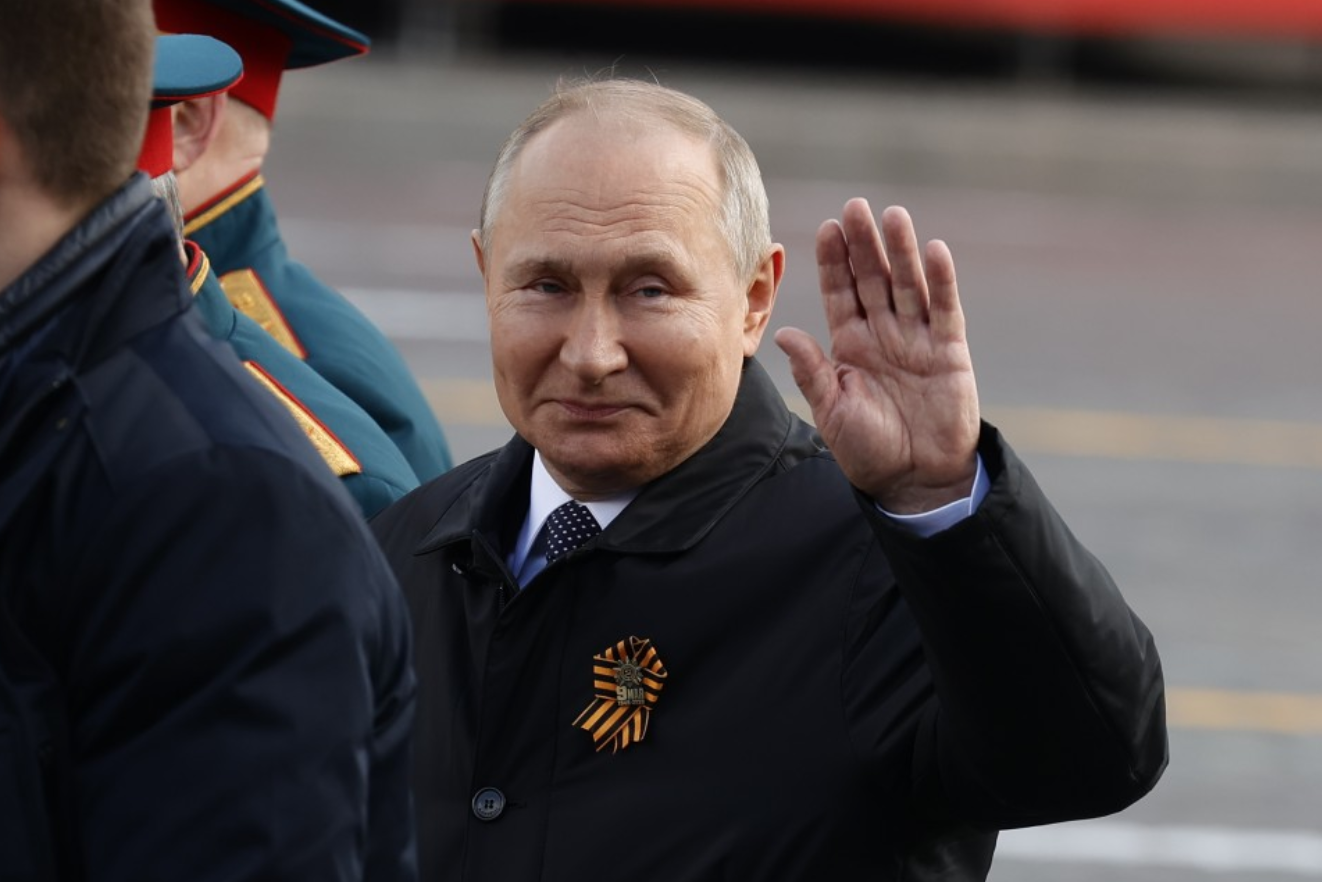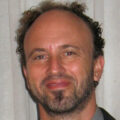In his attempt to explain Russia’s invasion of Ukraine in the context of the reconfiguration of the global geopolitical chessboard, Vladimir Putin shows himself not only as a “global player”, but also as a “geopolitical reader” and “mapmaker”: he tells us a counter-narrative and draws us an alternative map of the world we are heading towards. And the role he assigns to his country in that reconfiguration.
He did so at the recent St. Petersburg Forum, the Russian version of the Davos Forum, with a speech that adopts and inverts the binary scheme of confrontation between “us” and “them”, which divides the world between the West and the East, assimilated to a struggle of “good” against “evil”. Four months after the beginning of the Russian military intervention to annex Ukrainian territory, he reiterated it at the BRICS summit in Moscow, last June 22, where he proposed the creation of a currency for international exchanges as an alternative to the dollar.
Before the association which includes Brazil, India, China, and South Africa, Putin pointed out that Russia wants to work out with its partners “alternative mechanisms of international transfers” and an “international reserve currency” to reduce dependence on the dollar and the euro. And he was more specific: “The Russian financial messaging system is open to connection with the banks of the BRICS countries. The Russian MIR payment system is expanding its presence. We are exploring the possibility of creating an international reserve currency based on the BRICS basket of currencies.”
Putin denounced “the permanent application of new politically motivated sanctions” that contradict “good sense and elementary economic logic.” In this context, he explained that Russia is “actively redirecting its trade flows and foreign economic contacts towards reliable international partners, above all towards the BRICS countries.”
Negotiations are underway “on opening Indian retail chains in Russia and increasing the share of Chinese automobiles (…) in the Russian market,” he detailed. “Russian oil deliveries to China and India are increasing. Agricultural cooperation is developing dynamically”, as well as the export of Russian fertilizers to the countries of the group, according to the president.
Russia is reacting in a bid to regain its “manifest destiny” as a global power, responding to the pretension of the “West” – the US and the EU – to continue setting the pace of global politics as if the world had not changed in recent decades. And what has changed is, in this vision, the transition towards a multipolarity, understood in the manner of the old empires in dispute: a world divided into large blocs, with their centers of gravitation, surrounding areas and spheres of influence, their cultures and ways of organizing their economies, their institutions, and their foreign relations.
Putin said so explicitly at the St. Petersburg Forum: “The United States believes it is the center of the world, but the era of the unipolar world is over. Nothing will ever return to the way it was in world politics.” “It is as if they do not realize,” he continued, “that in recent decades new and powerful centers of power have been formed on the planet that are making themselves felt more and more strongly. “They believe that the world and economic hegemony of the West is eternal, but no, nothing is (…) The colleagues of the West try to counteract the course of history by thinking in terms of the last century”. And then he asserted: “It seems that the ruling elites of some Western countries live in that illusory world, they do not want to notice obvious things, but stubbornly cling to the shadow of the past”.
The Russian President is not mistaken when he says: “We are talking about genuinely revolutionary tectonic shifts in geopolitics, the global economy, and technology, in the entire system of international relations”. He underlines this by recalling that “a year and a half ago, speaking at the Davos Forum, I also stressed that the era of a unipolar world order has come to an end. This era has ended despite all the attempts to maintain and preserve it at all costs”.
But it so happens that the world Putin describes is not that of the 20th century, however, it resembles more that of the 19th century than that of the 21st: inter-imperial wars and “pax armadas” established by the victors and imposed on the subjugated peoples. As Claudio Ingerflom explains in his excellent book El dominio del amo, published by Fondo de Cultura Económica, (2022), Ukraine would be only a piece of the great Eurasian puzzle on which the Russian leader intends to impose his hegemony, the mission of the Russian State in the world.
The map that Putin draws omits the legacy of the 20th century, the existence of an international system of institutions and rules that are above the States and impose limits and responsibilities on them, whatever their size and power. The same that has sanctioned Russia, voted by the UN General Assembly, for the invasion of Ukraine. As in a movie “in reverse”, this map not only ignores the nature of Ukraine as a sovereign country but also the whole process that followed the disintegration of the Soviet Union.
And it omits the reality of the 21st century: multipolarity also implies global interconnection among human beings, intercultural diversity, and knowledge of distant realities that reach us in real-time and are difficult to silence, block, cover-up or deny, as in the times of tsars, emperors, and totalitarian dictators. Human rights – their recognition and respect, as well as the condemnation of their disregard and the punishment of their transgressors – are universal in scope.
Latin America, which has suffered during the 20th century as the scene of underhand or overt disputes between the great powers, knows from its own experience how much this geopolitical configuration affects the stability of democracies. For this reason, our countries face, in different ways, the same dilemma: how to avoid an involvement imposed by the “major players”, knowing at the same time that it is impossible to remain on the sidelines of a conflict that has a global scope due to its multiple impacts and consequences, direct and indirect, on the lives of peoples at the local, national and regional levels.
Translated from Spanish by Janaína Ruviaro da Silva













